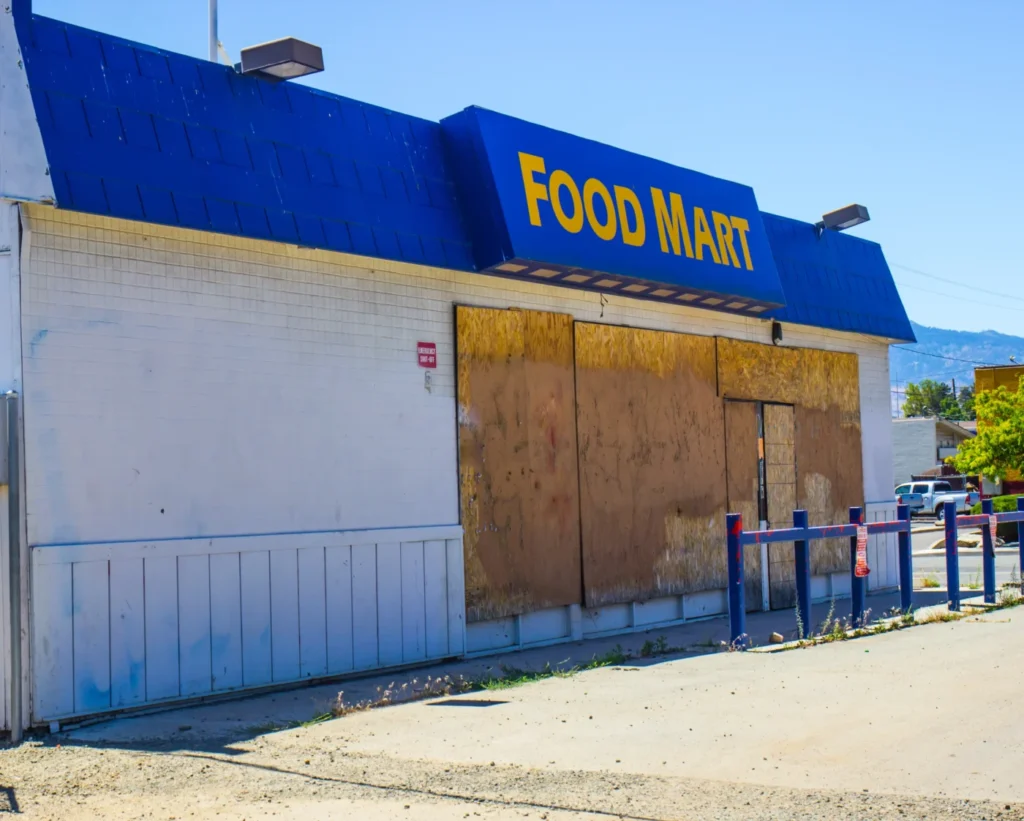
“While guideline-directed care for PAD reduces complications, the influence of social determinants of health like living in a food desert on receiving optimal care has not been previously explored.” - Rayan S. El-Zein, D.O.
Related Posts
Peripheral Artery Disease
Peripheral Circulatory Complications: The Second Leading Vascular Cause of Death in Diabetes
Peripheral artery disease (PAD) is a serious complication of diabetes that significantly increases mortality risk. Diabetic patients often experience impaired circulation, which can lead to non-healing wounds, infections, and ultimately amputations. These vascular issues also raise the likelihood of cardiovascular events such as heart attacks and strokes. Early detection and intervention are critical—screening for PAD in high-risk populations (diabetics, smokers, patients over 65) can prevent severe outcomes and reduce healthcare costs. Clinicians are encouraged to integrate PAD testing into routine care to improve patient survival and quality of life.
Peripheral Artery Disease
Rheumatoid Arthritis and Peripheral Artery Disease: Key Findings and Health Strategies
Rheumatoid arthritis (RA) is a chronic autoimmune disease that primarily affects the joints, causing pain, swelling, and progressive damage. Peripheral artery disease (PAD), on the other hand, is a vascular condition characterized by narrowed arteries Read more…
Peripheral Artery Disease
Understanding the Link Between COPD and Peripheral Artery Disease: Key Findings and Health Strategies
Recent research has revealed a significant link between chronic obstructive pulmonary disease (COPD) and an increased risk of peripheral artery disease (PAD) and mortality. This study highlights the importance of early detection and proactive treatment to manage these chronic conditions effectively. Learn about the key findings and practical strategies to improve health outcomes for individuals with COPD and PAD.


